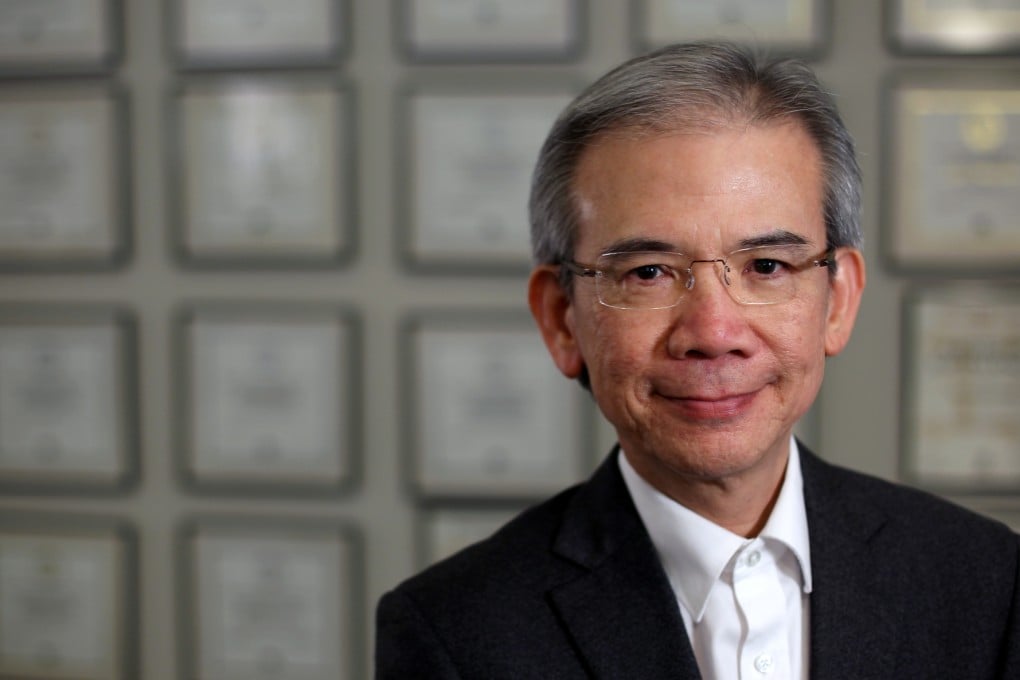Democracy is no escape from a ruling elite
Basic Law offers same checks and balances as any democratic system

British writer Joseph Conrad, remembered for great novels such as Lord Jim and Heart of Darkness, said: "Man is amazing, but he is not a masterpiece."
It is exactly for this reason that democracy is widely seen as a necessary tool to rein in the ruling class' insatiable greed and universal tendency to abuse public power in its own favour.
The world has experimented with different forms of democratic institutions and governing systems for more than two centuries. The conclusion, thus far, is that they are, on the whole, less efficient than and no less prone to abuse as autocratic governments. Yet, because they allow for broad public participation, the ruled can have their say at the ballot box once in a while to penalise ruling elites who did their job badly or abused public interest.
Hong Kong's Basic Law was drawn up with the same checks-and-balances concept in mind. The three branches of government are not meant to cooperate but to function like an organic whole in making sure our freedom and human rights are reasonably protected.
A system of checks and balances needs credibility and public confidence to work. That is why the Basic Law stipulates the executive and legislative arms will both be made more democratic over time, through a gradual introduction of broad-based elections, with universal suffrage as the ultimate target.
Electing our chief executive by universal suffrage is therefore to allow public participation in the process, so he will be empowered by voters to pursue difficult tasks. No chief executive would ever dream of sharing power nationally, nor challenge the sovereign ruler's authority on the city's governance.